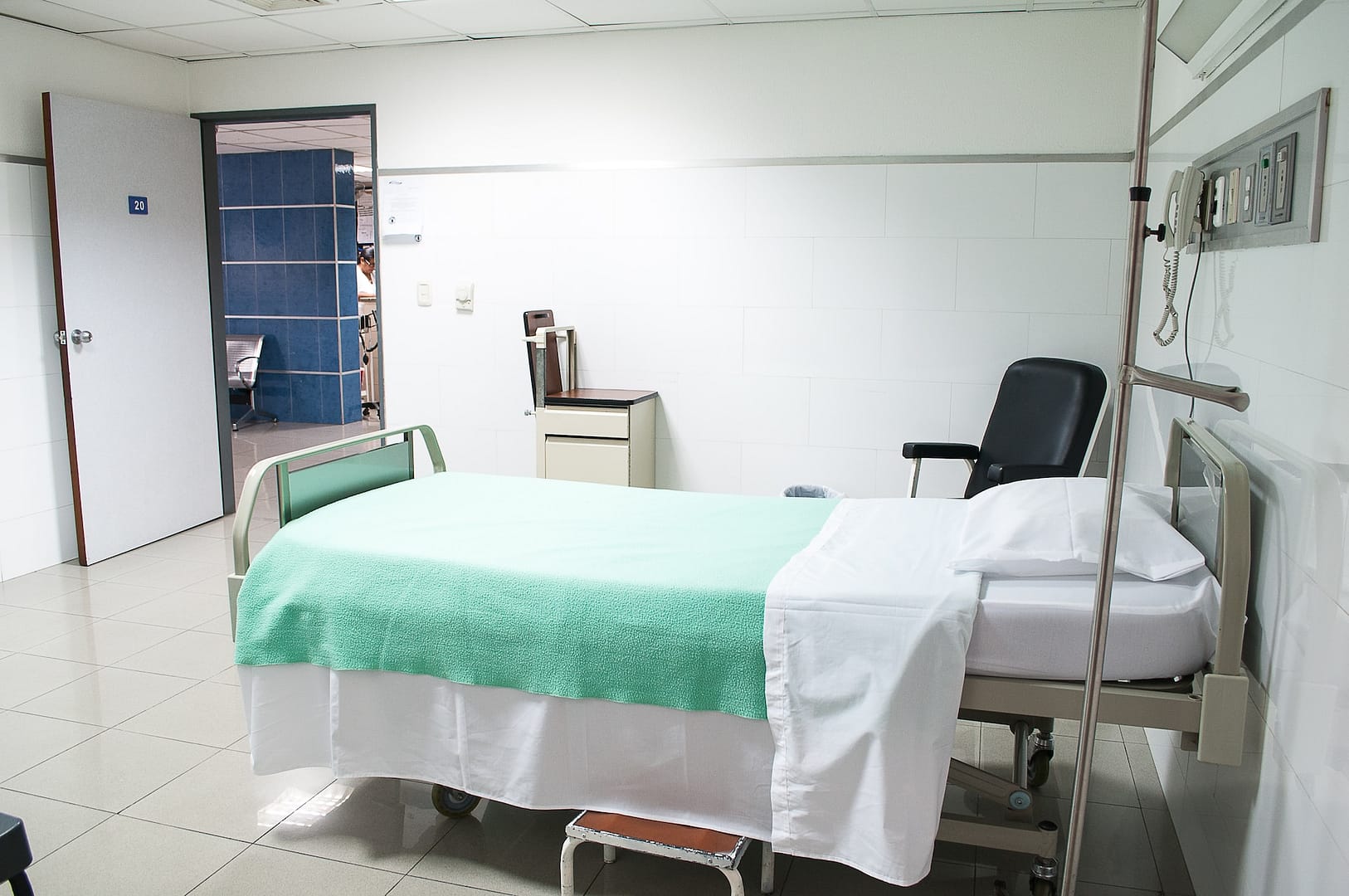Trust is the cornerstone of healthcare, with patients relying on professionals to provide care that meets the highest standards. However, breaches of this trust can occur, resulting in cases of clinical negligence. This article examines the complexities of establishing the burden of proof in such cases, outlining what it involves and the key elements that must be demonstrated.
Unpacking the Burden of Proof
In clinical negligence cases, the burden of proof is a pivotal concept. It refers to the claimant’s responsibility to provide evidence supporting their allegation that the healthcare professional failed to meet the expected standard of care.
Addressing this requires a clear understanding of what constitutes a breach of duty. A breach occurs when a healthcare professional fails to deliver the level of care that a reasonably competent practitioner would provide under similar circumstances. Demonstrating this breach is the crucial first step in meeting the burden of proof.
The Components of Proving Clinical Negligence
To successfully address the burden of proof in clinical negligence cases, one needs to establish three key components:
Duty of Care
The first component involves demonstrating that the healthcare professional owed the patient a duty of care. In simpler terms, it must be shown that there was a doctor-patient relationship, creating a responsibility for the healthcare professional to provide a certain standard of care to the patient.
Breach of Duty
Once the duty of care is established, attention shifts to proving a breach of that duty. This is where the claimant must present evidence that the healthcare professional failed to meet the standard of care expected in their particular field. It often involves expert testimony, where qualified professionals offer their opinions on whether the actions of the accused healthcare professional were indeed negligent.
Causation
Proving a breach of duty is not enough; the claimant must also establish a causal link between the healthcare professional’s negligence and the harm suffered by the patient. This can be a complex aspect of clinical negligence cases, requiring a meticulous examination of the facts and expert opinions to connect the dots between the alleged negligence and the resulting harm.
The Weight of Evidence
Addressing the burden of proof in clinical negligence cases is akin to building a compelling narrative. Each piece of evidence contributes to the overall story, and it is the duty of the legal team to weave these elements into a convincing argument. This is where the importance of thorough investigation and expert opinions comes to the forefront.
The Role of Expert Witnesses
Expert witnesses play a pivotal role in clinical negligence cases. These individuals, often seasoned professionals in the same field as the accused healthcare provider, provide their expert opinions on whether the standard of care was breached. Their testimony can carry significant weight in court, influencing the judgment of the case.
Documenting the Journey
Beyond expert testimony, thorough documentation of the patient’s journey is essential. Medical records, witness statements, and relevant correspondence collectively provide a detailed account of the events leading to the alleged clinical negligence. In today’s digital age, electronic records play a pivotal role in reconstructing timelines and identifying deviations from the standard of care with precision.
Proactive Measures for Healthcare Professionals
While addressing the burden of proof is primarily the task of the claimant in clinical negligence cases, healthcare professionals can take proactive measures to protect themselves. Clear and thorough documentation of patient interactions, adherence to established protocols, and continuous professional development can all contribute to building a robust defence against allegations of clinical negligence.
The Importance of Communication
Effective communication is a linchpin in preventing misunderstandings that could lead to clinical negligence claims. Transparent and open communication between healthcare professionals and their patients can go a long way in fostering trust and mitigating the risk of disputes.
Making a Clinical Negligence Claim with National Claims
From the perspective of National Claims, making a clinical negligence claim is a process that requires precision and expertise. Our dedicated team of legal professionals understands the nuances of addressing the burden of proof. We work closely with claimants, guiding them through each step of the claims process and ensuring that their case is built on a solid foundation of evidence.
Whether you are navigating the complexities of proving a breach of duty or establishing causation, National Claims is committed to providing comprehensive support. Our experienced legal team collaborates with expert witnesses, conducts thorough investigations, and leverages the latest technologies to strengthen your case.
Proactive Measures for Healthcare Professionals
Although the burden of proof in clinical negligence cases rests primarily with the claimant, healthcare professionals can take proactive steps to safeguard themselves. Maintaining clear and detailed documentation of patient interactions, strictly following established protocols, and committing to ongoing professional development are key measures that help build a strong defence against potential allegations.
The Importance of Communication
Effective communication is a linchpin in preventing misunderstandings that could lead to clinical negligence claims. Transparent and open communication between healthcare professionals and their patients can go a long way in fostering trust and mitigating the risk of disputes.

Conclusion
In the intricate web of clinical negligence cases, addressing the burden of proof is a multifaceted process. From establishing a duty of care to proving a breach of that duty and demonstrating causation, each step requires careful consideration and compelling evidence. The legal landscape, especially in the UK, provides a framework for navigating these complexities.
As patients continue to place their trust in the hands of healthcare professionals, the importance of addressing the burden of proof cannot be overstated. It is a process that demands diligence, expertise, and a commitment to upholding the standards that define the healthcare profession. Ultimately, it is through this rigorous examination of facts and evidence that justice is sought and, hopefully, served in cases of clinical negligence.
Contact us today to get a start on your claim with the help of one of our claims specialists.
Click below to see why we are one of the most trusted claims management companies in the UK.

We’re proud of our excellent customer reviews
We thrive on delivering exceptional service and ensuring our clients’ satisfaction. Don’t just take our word for it. Check out some of our independent reviews to see what our clients have to say.
Excellent

This firm is excellent, they sorted out my car pay out and injury claim very fast, they always communicate with you all the time.

My accident case was dealt with confidence and with great result of the outcome, especially James kept me informed all the time.

I was very impressed at the way my inquiry was treated. I was listened to attentively and everything I needed to know was explained to me.






